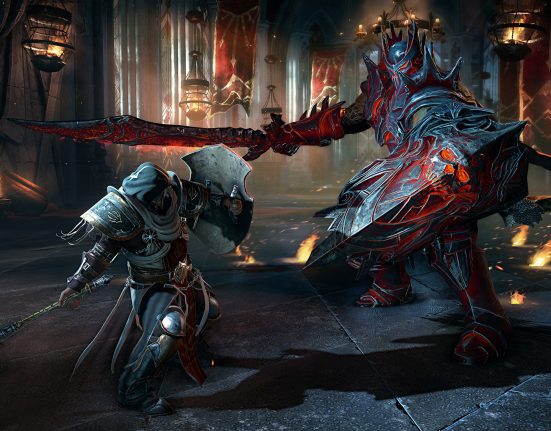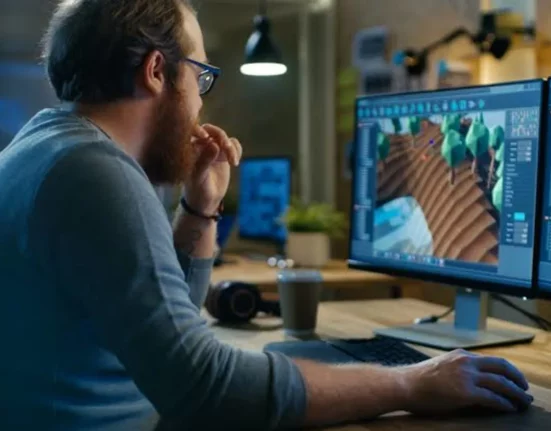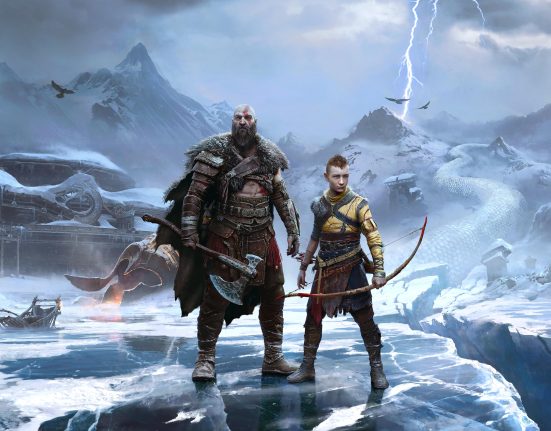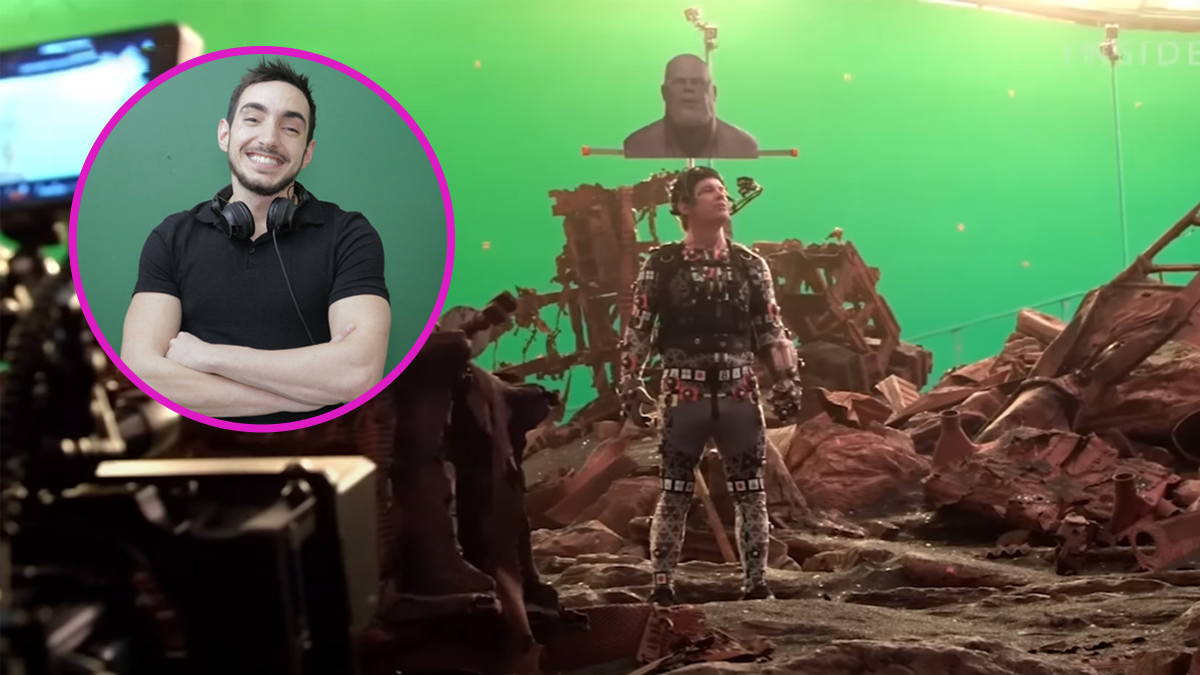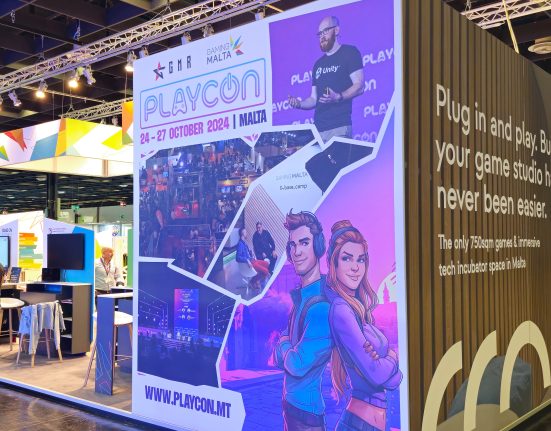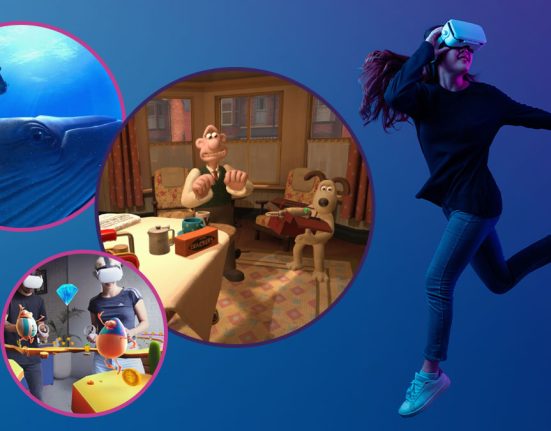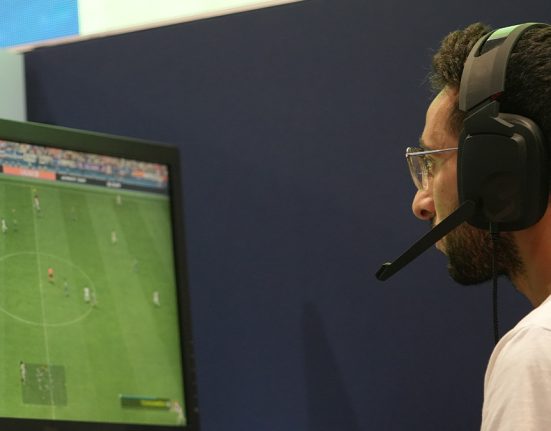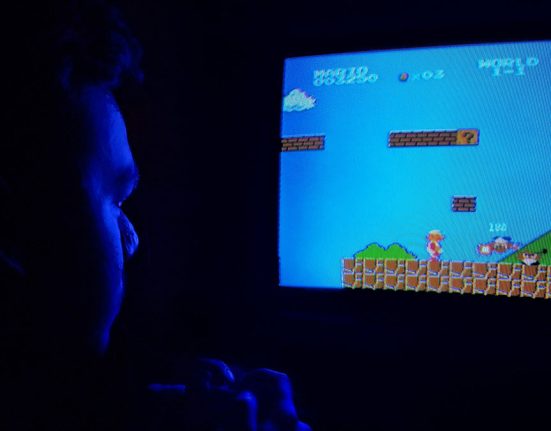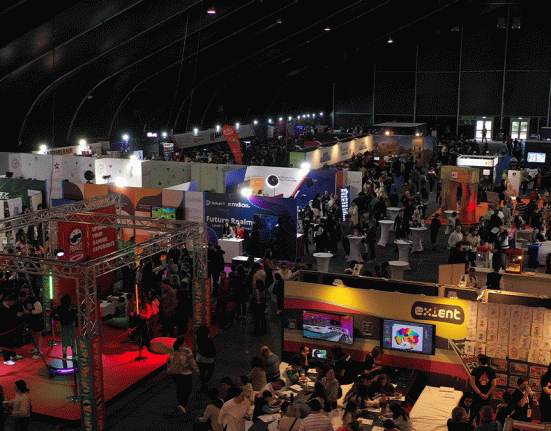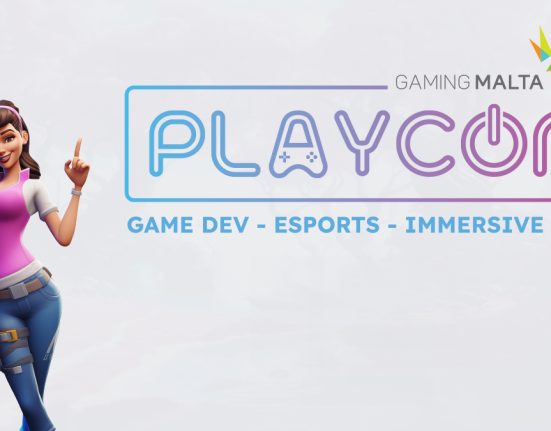Here at Playcon, technology is one of our three pillars of interest, besides esports and gaming. Accordingly, the world of software engineering is one with uses in multiple industries, including the likes of gaming and entertainment. Helping us garner some unique understanding on software engineering is a Maltese expert with experience working for Netflix and Marvel – read on for a Playcon interview featuring Matthew Pulis on software engineering!
For context, Matthew Pulis is a self-employed and self-made software engineer with a career that has taken him far away from his Maltese origins. Despite his busy schedule, working on the production of the upcoming ‘The Marvels’ amongst other products, he managed to make time for this written interview – let’s dive right in!
#1 – Kicking things off, let’s understand your work a little better as a software engineer in the entertainment industry. Accordingly, what exactly do you do on a day-to-day basis? What’s your favourite part of the job?
Right, so me and my team form part of a special effects crew, and we handle motion-controlled rigs powered by hydraulics or electric servos, depending on the application. I spend my days attending design meetings where the rigs are specced and designed.
Once a rig is confirmed and finalised, we design and build any necessary electronic components and develop proprietary motion software that uses inverse and forward kinematics to control the rig’s movement. Additionally, we are in charge of commissioning and running the rig while it is on location.
While I honestly enjoy every aspect of my job, I would be lying if I didn’t admit that my favourite part of it is being on set, getting to meet the actors, and watching them do what they do. You get the sense of how massive the operation is, and it always amazes me how synchronised and dialled-in every team is.
#2 – We’re sure that leading you to this position were a great number of decisions. Were you always certain that this was the career path you wanted for yourself? How did you decide to pursue a career in software engineering?
Oh, man, no! It’s been a long road for me.
I actually studied mechanical engineering, and I did that professionally for a long time. While I love engineering, my passion has always been computers. I am a self-taught software engineer, so while I was studying and working, I was always learning and building new pieces of software, whether it was a website for my clan at the time or just to satisfy my curiosity.
I was always strengthening my skills and learning new ones. I never pursued a career in software immediately because I felt I did not have the necessary certification to apply for such a position, but eventually I built up the courage to drop mechanical engineering and pursue software, and as they say, the rest is history. It is amazing how much your skills skyrocket when you start doing it professionally.
Turns out all you need to get a job in software is actually just the skill and drive to do it.
#3 – Indeed, your career has taken you far and wide, now residing outside of Malta and working with heavyweight clients such as Netflix and Marvel. What is it like working with such renowned names in the entertainment industry? Did you ever imagine reaching such a point?
I wish I can say it’s easy but most of the times it’s very stressful, then again I never signed-up for easy!
Software engineers are natural problem solvers and most of us love a challange. Especially in the film industry the stakes are high and everything needs to work first-try otherwise you are sitting there staring at a screen while a massive film crew is waiting for you to fix the problem, yea… not a position you want to be in. With that said, it’s the most rewarding job I have ever had in my life.
I am a very ambitious person so I always set high standards and goals for myself. While I never imagined being in the position I am in at my age, I feel very lucky to be in it because it further allows me to grow my skill-set and I will always aim to grow even more.
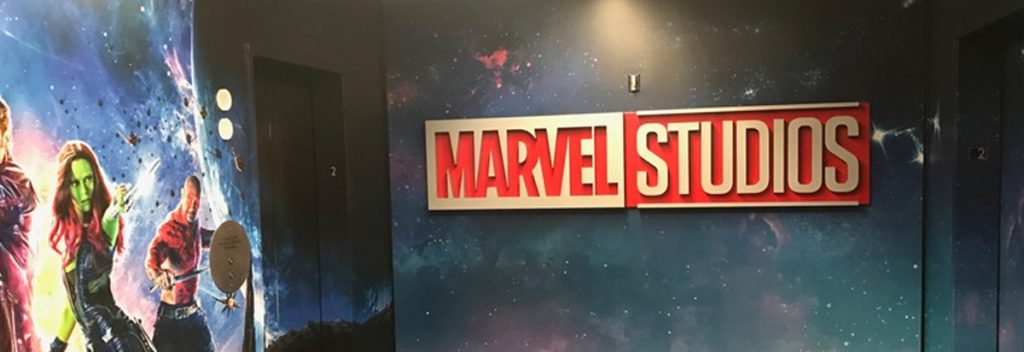
#4 – Now working on epic upcoming movies such as The Marvels, there’s no telling where your career will tell you. What are your aspirations for the future of your career?
I have to admit that working on such significant projects has given me access to many opportunities. Although I enjoy my current position, my dream is to found and run my own tech company. I always try to make time to work on side projects, and I have faith that one of them will be successful enough to build into a company.
#5 – Over the past decade, technology in general has witnessed many changes. How has software engineering changed and evolved during your career? What does the future of software engineering look like?
You couldn’t be more accurate. The software industry moves quickly; new programming languages, libraries, and design patterns are developed every year. If you don’t stay on top of things, you’ll fall behind and end up doing the same thing over and over again. I still use some of the languages that I learned over a 10 years ago – while it is the same language it’s barely recognizable.
Thankfully, there is a multitude of internet resources available today, notably YouTube channels, that make staying up-to-date simple.
The future of software engineering is definitely one aided by artificial intelligence with tools like Github Co-Pilot and AWS’s CodeWhisperer leading the charge. These tools are making developers’ lives ten times easier than it was over just a year ago. They give real-time code suggestions inside your code editor as you type and are a massive time saver, but as good as these tools are it will be highly unlikely that they will run programmers out of a job any time soon.
#6 – Here at Playcon we’ve spoken at length about videogame development. In your opinion, how does film development compare to videogame development? What are the main differences in the process of software engineering?
I can only speak from my experience, but I think film and game development are very similar. In most cases, both films and games are made to tell a story. Heck some games these days are films, The Last of Us is the first that comes to mind. The gap is slowly getting smaller and smaller between film and game studios. Some studios are already utilizing the power of game engines like Unreal Engine and Unity to use for VFX and most people cannot tell the difference, it’s that good!
My team also models and programs rigs using game engines like Unreal, which then lets us use gamepads to move the rig virtually and have that pump data from the game into the motion controllers, which is quite fascinating to see in terms of making the actual physical rig mimic what it is doing in-game. In other words, having game engine knowledge and all those hours spent trying to build games gave me an edge in this role.

#7 – Considering your experience in the international space – what are your opinions on the local Maltese scene in the context of your sector? Where can Malta make improvements to be up to par with other nations in the realm of software development?
I believe Malta has always had a strong software engineering sector, and it is continuing to grow. From my experience as a programmer in Malta, I honestly don’t think it’s that much different than doing it abroad. Yes, most of the time you will find better pay and benefits abroad, but these all depend on the company you apply with and always take expenses into account when applying for a position abroad.
The beauty of a career in software is that you can nowadays even do it remotely and work for foreign companies from the comfort of your own home.
One area that Malta definitely needs to improve on when it comes to software is school curriculums. I have interviewed people who have just finished school and got their degrees, and all have been taught out-of-date concepts and languages, which makes it very hard to apply them in the real world. So my advice is to be proactive and dive deeper than what you are being taught; go home and research the latest trends and technologies. Just by doing this, you are already miles ahead of anyone else who isn’t doing it.
#8 – For those who are perhaps interested in potentially finding a career in a similar sector – what other opportunities are available in your space for anyone willing to put in the effort? Do you have any advice for anyone interested in pursuing such a job?
First of all, I would advise anyone pursuing a profession in any field to find something they are passionate about. The phrase ‘Love what you do and you will never work a day in your life’ may be cheesy but it’s TRUE!
Today, it’s simpler than ever to start a career in software; you just need to make the effort to understand it. Numerous free resources are available for learning how to code, and there is a sizable range of reasonably priced online courses that essentially teach you everything you need to know to land a job, even how to get through code interviews. The software community is stronger than ever so you will always find help if you ask for it.
Do not be afraid to take the step even if you do not have any prior coding experience. Learning to code unlocks so many possibilities in your life, you can make games, websites, desktop apps, mobile apps, artificial intelligence, automation projects for your home, I can keep going but you get the idea. Software is created to help us solve problems or make our lives easier and more efficient and you can start doing it too! Thank you for taking the time to read this article and I hope that maybe I can inspire you to become a software engineer.
Overall – some fantastic answers from Matthew Pulis. We’d like to thank him for his time and patience to undertake this interview. Meanwhile, we look forward to landing more conversations with other industry experts!
For more news on technology, esports and gaming, visit our news site here: https://playcon.gg/news/



